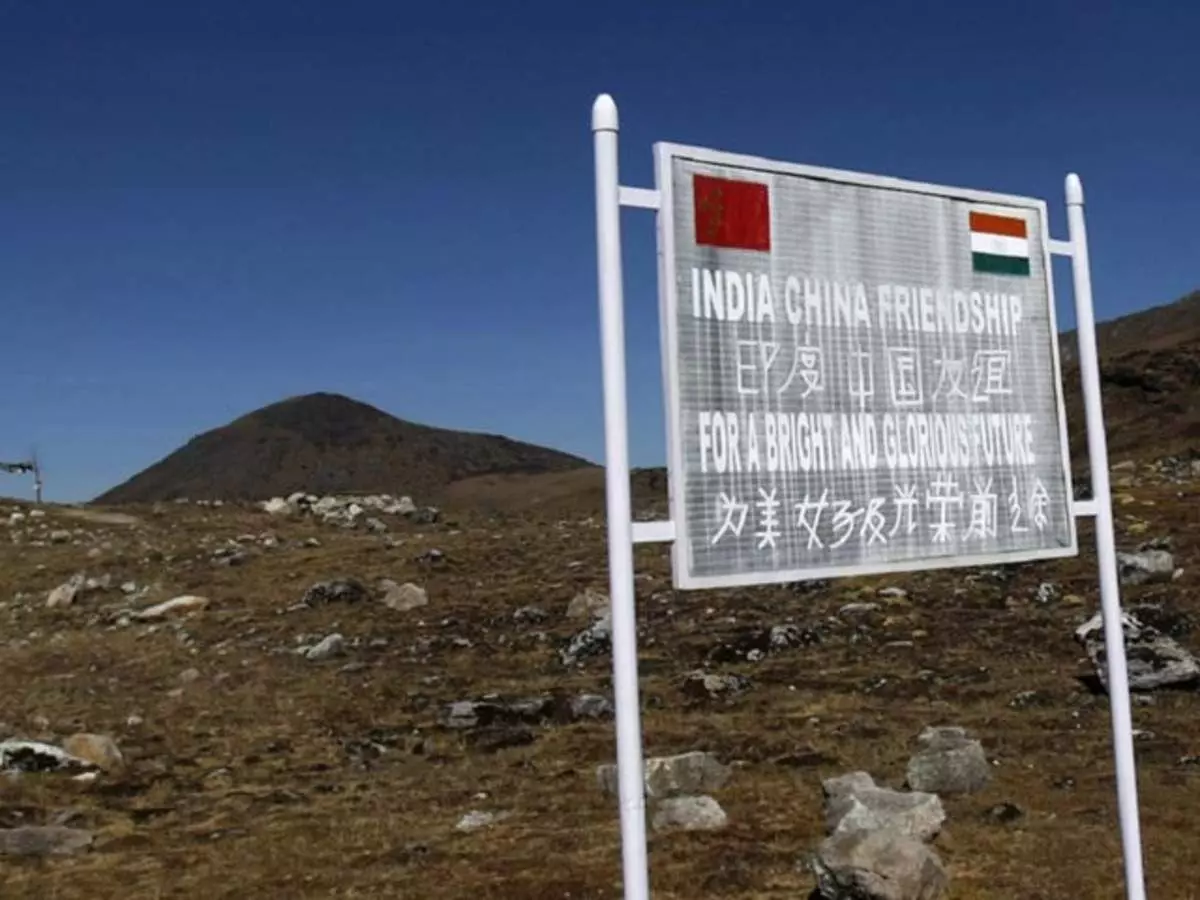Breach of sovereignty?

China’s persistent attempt to rename certain regions in Arunachal Pradesh is a clear transgression of India’s sovereign rights, and deserves strict condemnation from the Indian government. The Chinese government, on Sunday, released the third batch of ‘standardised’ names of 11 places in Arunachal Pradesh — which it erroneously calls Zangnan or southern Tibet. Thus far, there has been no serious condemnation of the Chinese move by the Indian government. Earlier, in 2017, China had released the first batch of six names for regions in Arunachal Pradesh, and in 2021, it released 15 more names. It may also be noted that the renamed regions are not concentrated in any one part of the Indian state, but scattered through its length and breadth. In 2021, the Ministry of External Affairs had dismissed the renaming, saying that “Arunachal Pradesh has always been, and will always be, an integral part of India. Assigning invented names to places in Arunachal Pradesh does not alter this fact.” The Indian government needs to come up with stronger rebuke, as transgression of sovereignty, verbally or physically, is a serious threat for any democratic nation. Also, this persistent territorial assertion from China cannot be taken lightly, because it has been deploying similar strategies in Taiwan and other parts of the South Asian region for a long time. China’s main contention is that it refuses to acknowledge the legitimacy of McMahon line — the boundary drawn by British Official Henry McMahon between Tibet and British India at the Simla Convention in 1914. More contentiously, China still remains obsessive about cultural and historical ties with the region. This dangerous-looking narrative of undoing ‘historical injustices’ through the process of reclaiming parts of Arunachal Pradesh is flawed and must be opposed vigorously. The consequences of such assertions are well before our eyes in the form of ongoing Russia-Ukraine conflict and the looming threat over Taiwan. China is completely aware that India’s position on Arunachal Pradesh is rock-solid, and it will gain little international support in case of any conflict. Perhaps this is the reason that it is trying to alter facts on the ground on a gradual basis. If an analogy were to be drawn with the Russian invasion of Ukraine, nothing lies in the realm of impossibility. Despite being so closely associated with Europe and staunchly backed by the United States, Ukraine is caught between a rock and a hard place. Military assistance from the ‘superpowers’ has enabled the country to continue fighting a prolonged battle but has done little to limit Russia and end the war. At best, Ukraine has been reduced to a country fighting a painful battle with nationalistic fervour. It has been, at the same time, serving as a market-cum-dumpyard for Western weapons. Neither is the Chinese military might inferior to that of Russia nor is its economic resilience. The country has also made prominent friends, globally, through various strategies. Though it seems to be a far-fetched speculation, territorial transgression by China in Arunachal Pradesh may still be a possibility in the intermediate future. What China might be doing currently is to normalise a narrative of existence of a contention where there has been none. Whether it becomes successful or not is a different question, it is certainly treading towards a threatening prospect. To dismiss the Chinese act lightly by saying that it has been involved in similar assertions in the past as well, will be a great folly. Reiteration by the Chinese side appears to be a planned strategy and must be countered on an urgent basis. Often, such misleading rhetoric by China is contextualised around important visits of dignitaries between the two countries. It is believed that China deploys pressurising techniques to make bargains at multilateral and bilateral meetings. Incidentally, the recent announcement of renaming of the regions has been made in the wake of the upcoming visits of Chinese Foreign Minister Qin Gang and Defence Minister General Li Shangfu to participate at SCO. It is reassuring that the Indian government is reportedly ramping up its military presence in the LAC region, ostensibly to foil any unwarranted action by the Chinese side. It should, at the same time, be firmly critical of the undermining of India’s sovereign rights by China, so as to not allow any undue leverage to the ambitious country.



